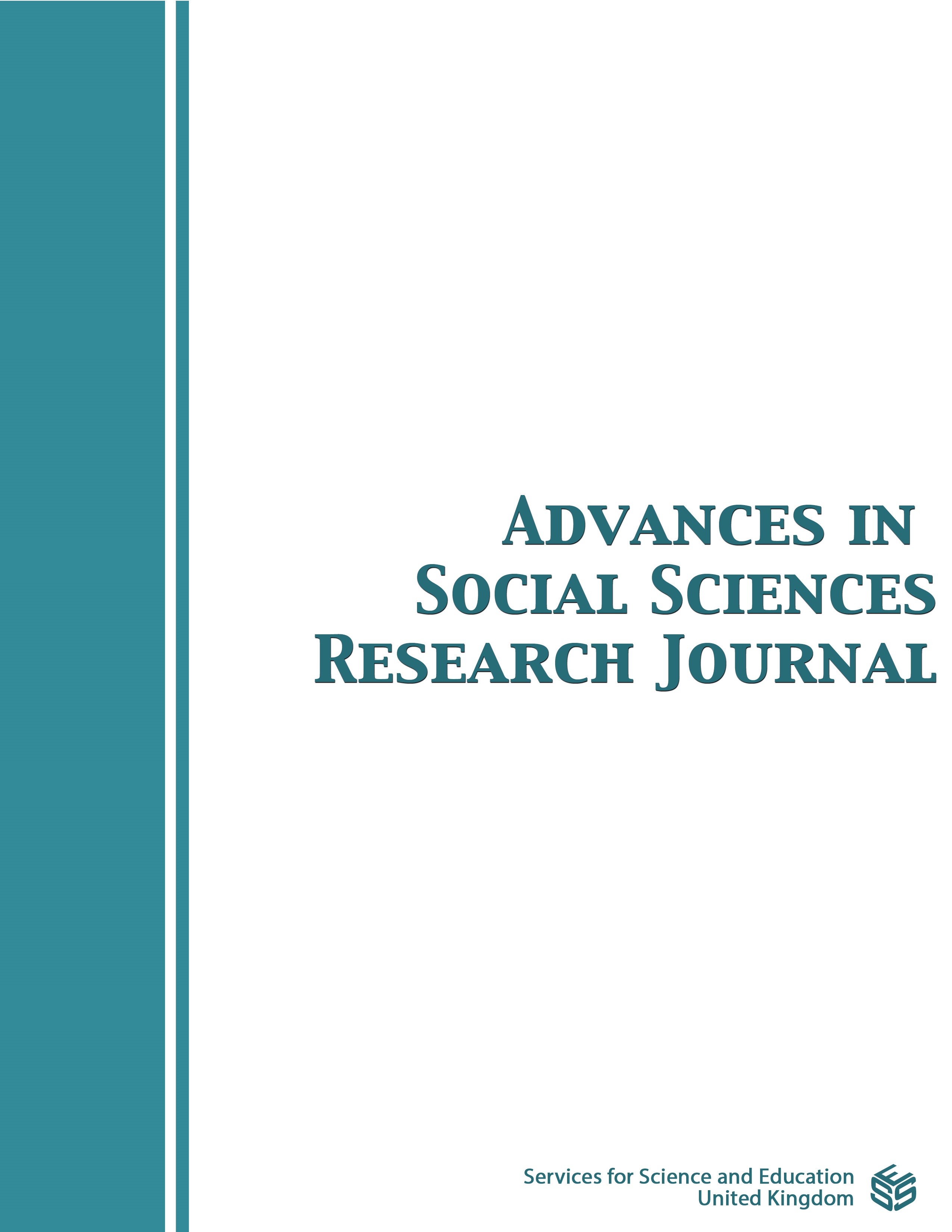The Minority Confederate Induced Errors of the Majority Members in the Role-Inverted Asch Experiment
DOI:
https://doi.org/10.14738/assrj.114.15892Keywords:
Asch conformity experiment, acquaintance groups, minority confederates, social function of making errors, line-judgment tasksAbstract
This study aimed to investigate whether errors made by minority group members could influence the behavior of the majority in a role-reversed version of Asch's conformity experiment. Eighty-five undergraduate students, comprising 51 males and 34 females, were organized into groups of four individuals who were already acquainted with each other. From these groups, we randomly selected twelve, and discreetly instructed the third student in each group (a confederate) to provide incorrect responses on six out of the nine line-judgment tasks, similar to Asch's majority's behavior. The findings revealed that groups with the confederate member did lead to an increase in errors from other group members, although this increase did not reach statistical significance. Nevertheless, further analyses indicated that participants were more likely to make errors when other group members had already responded incorrectly. Consequently, we interpreted these errors as a form of social conformity, where participants intentionally made mistakes to alleviate the awkwardness of having only one member of the group providing incorrect answers. In summary, this study provides insights into the dynamics of social conformity and the impact of minority errors on group behavior in a role-reversed Asch experiment.
Downloads
Published
How to Cite
Issue
Section
License
Copyright (c) 2024 Kazuo Mori, Satoru Miyazawa, Yuta Morioka, Takahiro Murayama

This work is licensed under a Creative Commons Attribution 4.0 International License.
Authors wishing to include figures, tables, or text passages that have already been published elsewhere are required to obtain permission from the copyright owner(s) for both the print and online format and to include evidence that such permission has been granted when submitting their papers. Any material received without such evidence will be assumed to originate from the authors.






